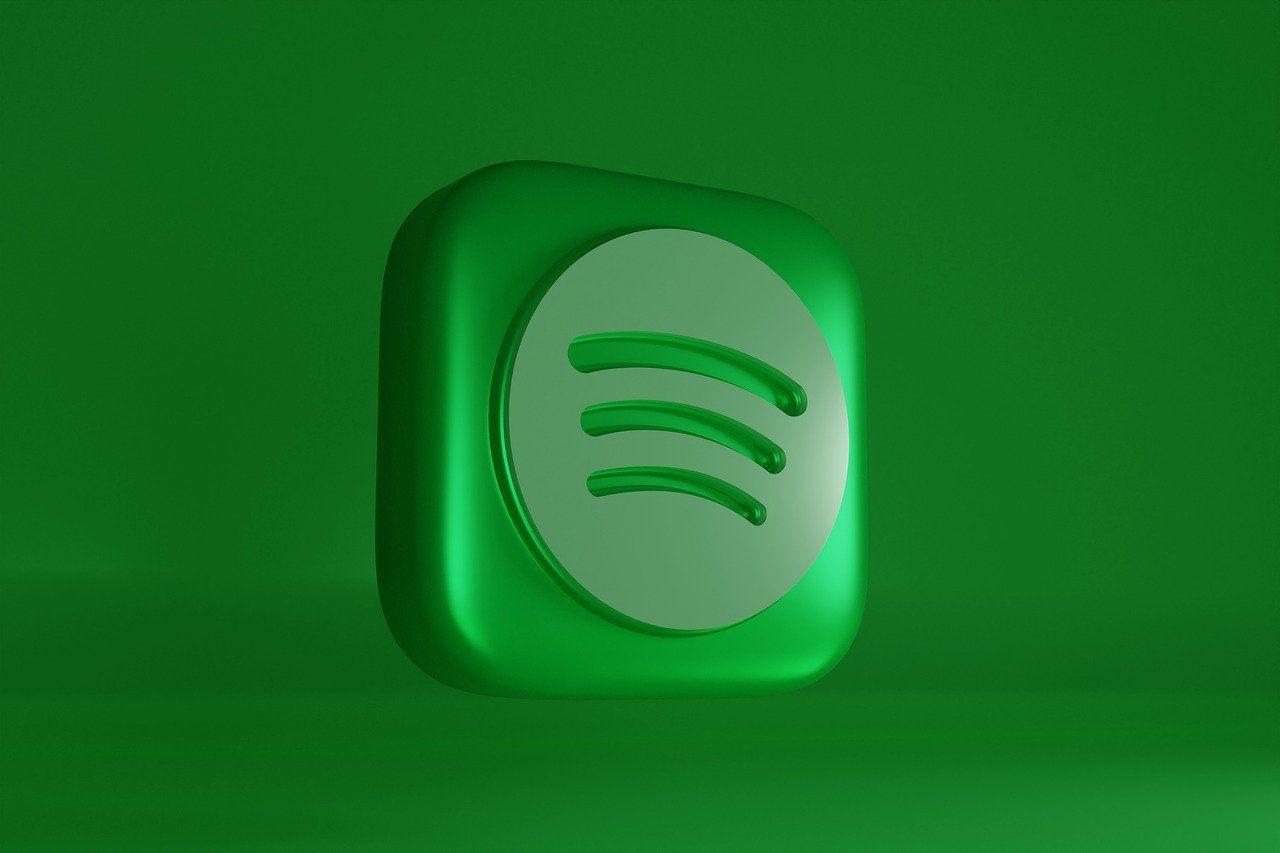Spotify has cemented its place as the first in the world to make music streaming accessible to millions. With its launch in 2008, the platform redefined how people consume music, making songs available anytime, anywhere. Spotify wasn’t just a service; it was a game-changer for both listeners and artists.
By using cutting-edge technology and innovative business models, Spotify became a leader in the music industry. Its pioneering features, such as personalized playlists and algorithm-driven recommendations, have made it the favorite of music lovers worldwide.
Transforming Music Discovery
One of Spotify’s standout features is its ability to help users discover new music. Through playlists like Discover Weekly and Release Radar, Spotify offers a unique experience tailored to individual tastes. This personalized approach was among the first in the world, making it a groundbreaking feature.
Spotify uses data and algorithms to study listening habits and predict what users might enjoy. It’s not just about giving access to millions of tracks; it’s about creating a personalized journey for every listener.
Empowering Artists Globally
Spotify didn’t just change things for listeners; it also revolutionized how artists share and profit from their work. By offering a platform to upload music directly, Spotify made it easier for emerging artists to reach global audiences.
Unlike traditional models, where musicians relied on record labels for distribution, Spotify empowered artists to take control. For many, Spotify was the first in the world to provide such an opportunity, leveling the playing field in the music industry.
Revolutionizing Music Streaming Technology
Behind Spotify’s success lies its advanced streaming technology. Before Spotify, accessing music online often meant slow downloads or unreliable streams. Spotify introduced seamless playback, ensuring high-quality music streamed in real time.
Its ability to compress audio without losing quality was a major breakthrough. For many, Spotify was the first in the world to make streaming feel as good as owning a physical album.
Spotify recognized that music is inherently social. The platform introduced features that allow users to share playlists, see what friends are listening to, and even collaborate on playlists. This made Spotify more than just a streaming service; it became a social hub for music lovers.
These innovations put Spotify ahead of its competitors. Being the first in the world to combine streaming with social interaction gave it a competitive edge that continues to resonate today.
Spotify was among the first in the world to offer a freemium model. With a free version supported by ads and a premium subscription offering ad-free listening, Spotify ensured that music was accessible to everyone.
This model allowed users to explore the platform without financial commitment. Once they experienced the value of Spotify, many upgraded to premium. This approach has been key to its widespread success.
Supporting Global Music Diversity
Spotify didn’t just focus on mainstream tracks; it became a platform for diverse voices. From independent artists to regional genres, Spotify provided a space for all kinds of music.
With curated playlists and localized content, Spotify was the first in the world to truly embrace the global nature of music. It showcased the beauty of diversity, bringing people closer to sounds from every corner of the earth.
The Role of Extended Play in Spotify’s Growth
Extended Play (EP) releases have thrived on Spotify. The platform’s user-friendly interface allows listeners to discover these shorter, more focused collections easily. This has been beneficial for both artists and fans.
Spotify supports creativity, letting musicians experiment with EPs before committing to full albums. This innovative approach made Spotify a pioneer in promoting modern music formats.
Selling Music on Spotify and Beyond
For independent artists, selling music on Spotify is a straightforward process. With tools like Spotify for Artists, musicians can monitor their performance and connect with fans. Spotify was the first in the world to simplify this process, making it accessible to creators of all levels.
Additionally, Spotify’s partnerships with platforms like Beatport have expanded opportunities for artists in electronic and dance music. This integration showcases Spotify’s commitment to evolving with the industry.
Spotify’s Future in the Music Industry
Spotify continues to innovate, staying ahead of its competitors. As the first in the world to blend technology with user experience so seamlessly, Spotify is setting the stage for the future of music.
Its focus on AI-driven features and global outreach ensures that it remains a leader. Whether it’s through enhancing artist tools or creating new listener experiences, Spotify’s journey is far from over.
For further reading, explore these related articles:
- Exploring Karan Aujla’s Spotify Journey and His Global Impact
- DJ Twitch: The Pulse of Modern Music Evolution
For additional resources on music marketing and distribution, visit Deliver My Tune.






